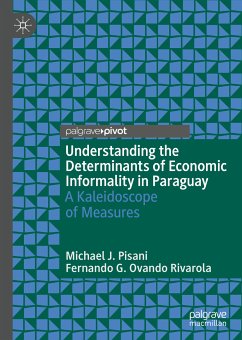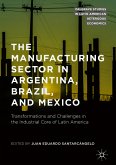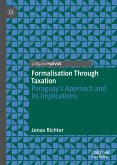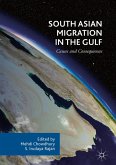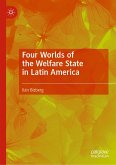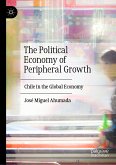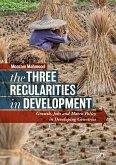For several years, the government of Paraguay has sought to address the issue of informality, both as a response to poverty reduction and a means to expand its tax base. While effort has been undertaken to describe informality, the government lacks the capacity and perhaps the will to analyze the phenomenon through a robust empirical lens. Hence, little is known about the informal economy beyond anecdotes, personal interactions, and description. This book is the first to comprehensively, rigorously, and empirically study the determinants of informality in Paraguay. This book is of vital interest to those studying the Paraguayan economy, development economics, Latin American economics, and informality.
Dieser Download kann aus rechtlichen Gründen nur mit Rechnungsadresse in A, B, BG, CY, CZ, D, DK, EW, E, FIN, F, GR, HR, H, IRL, I, LT, L, LR, M, NL, PL, P, R, S, SLO, SK ausgeliefert werden.

